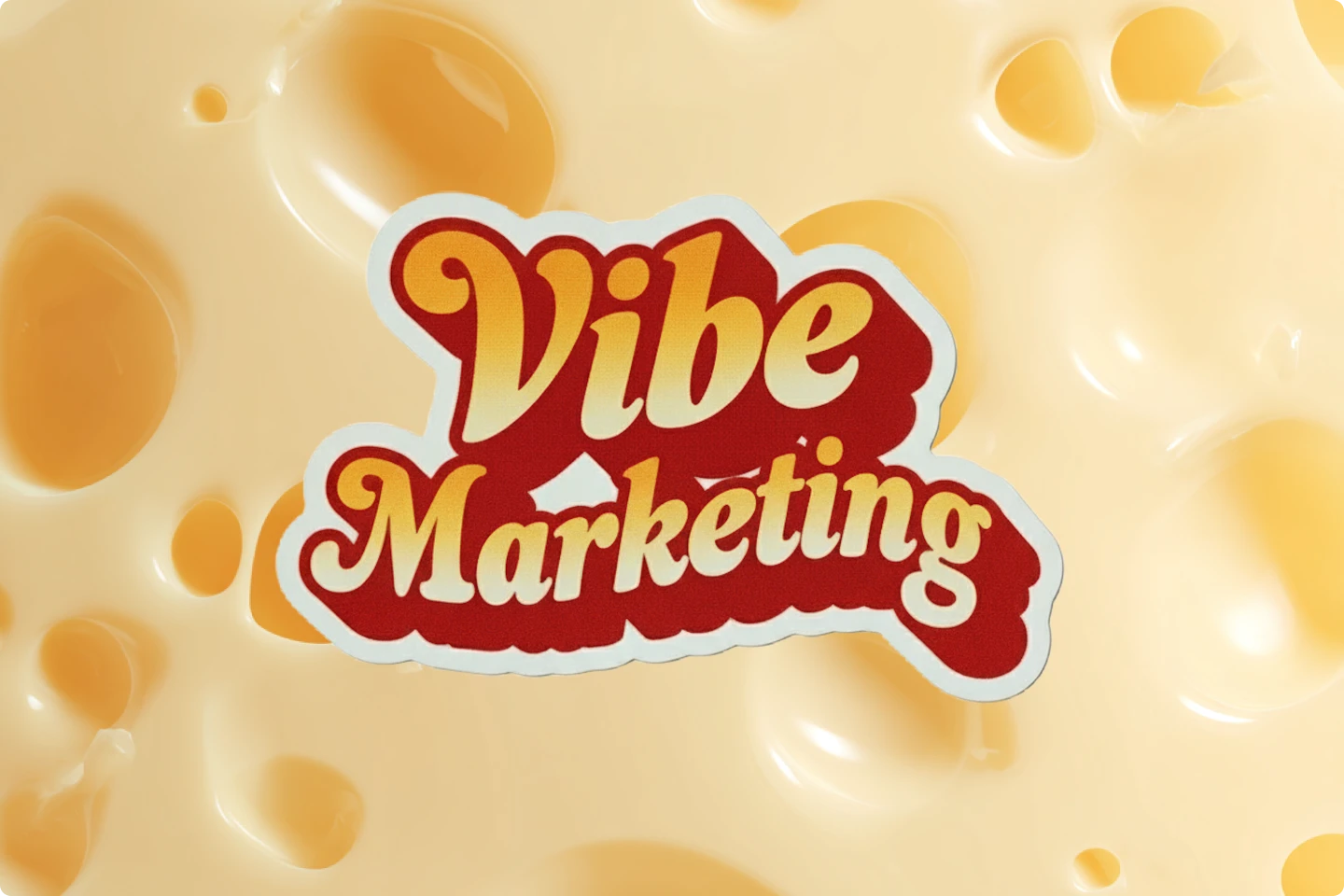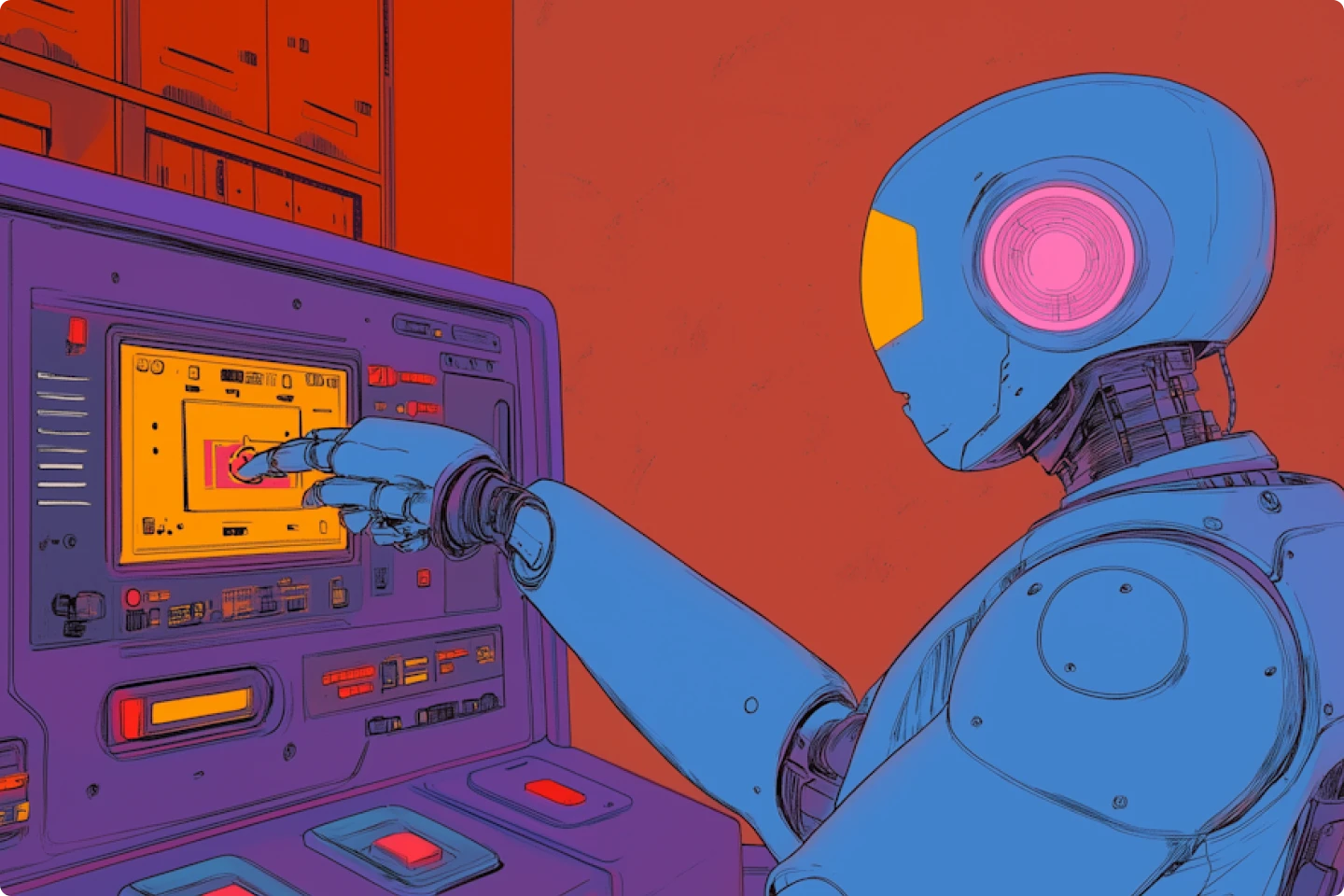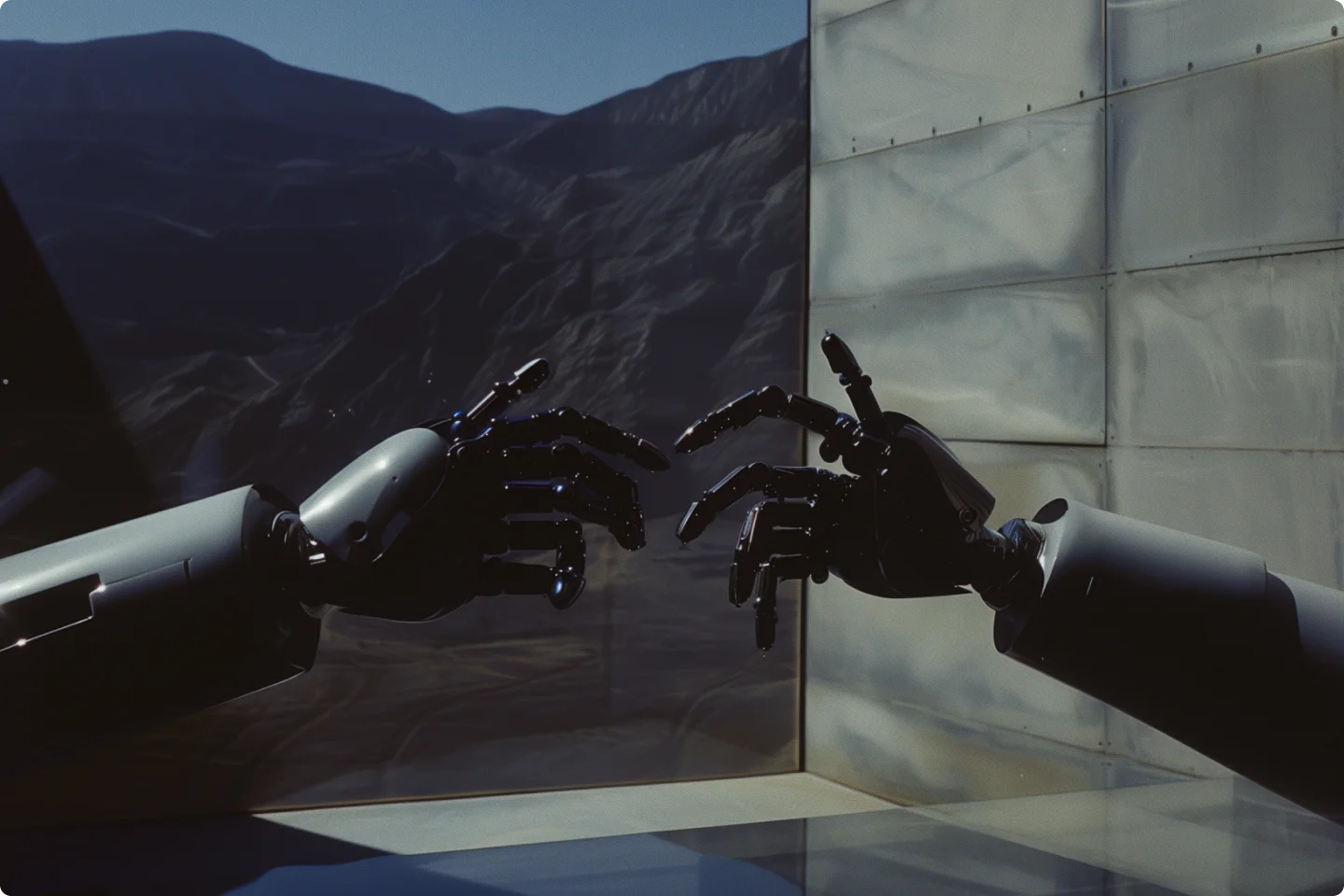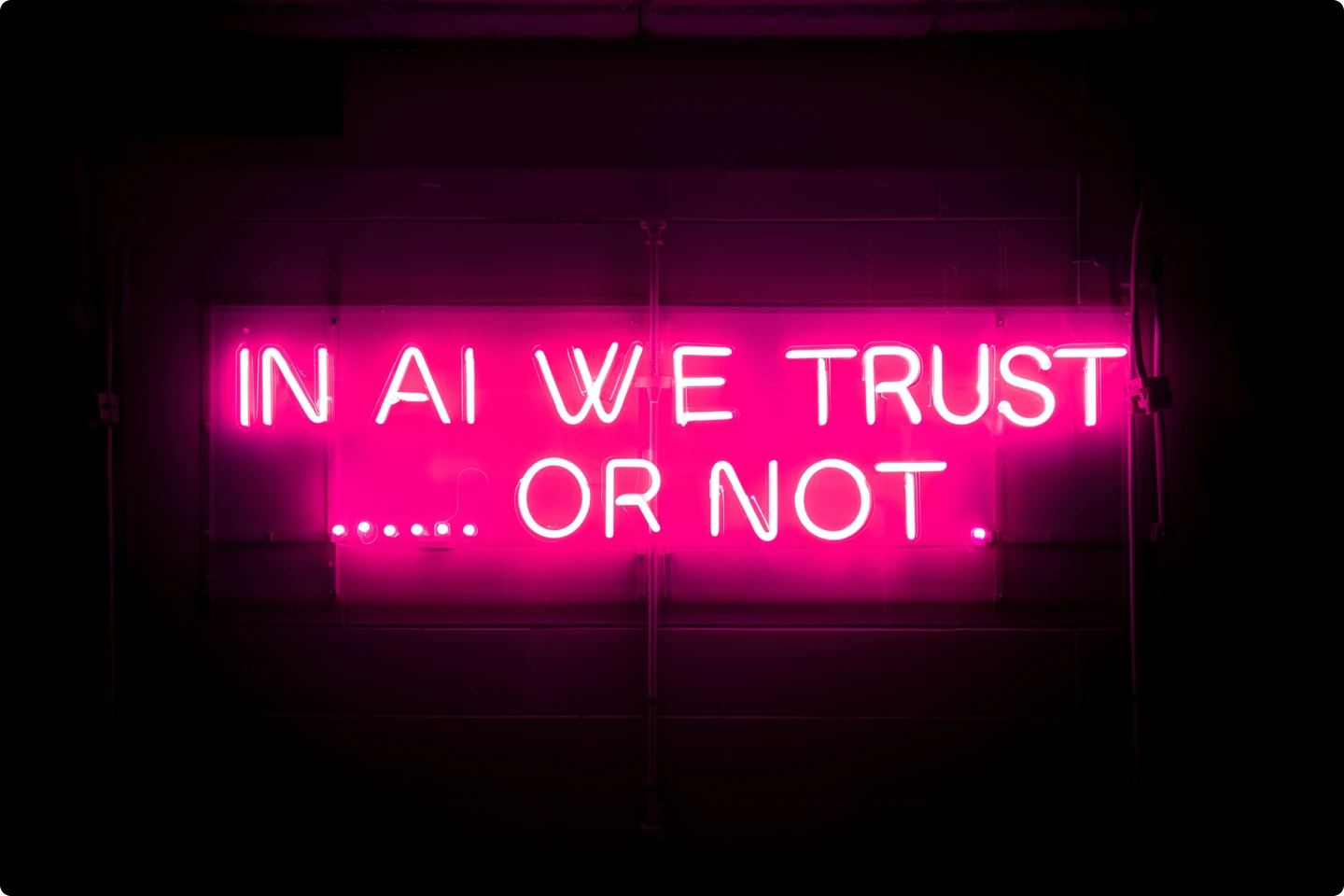6 stunning illustration styles and trends for 2025


In the world of illustrations, there are some exciting new trends heading into 2025. We reviewed some of our favorites.
Buckle up, because the world of digital illustration is buzzing with exciting new trends that graphic designers and creatives will love using.
Whether you're working on web design or trying to create eye-catching visuals for your next project, these trends are here to shake things up.
From eco-conscious illustrations that speak to sustainability to playful 3D graphics that add depth and personality, there’s a whole lot happening.
You can find all these styles for free on Lummi, and we’re constantly updating our library, so you’ll never miss what’s hot and happening.
Why illustrations are so useful for creatives
Illustrations are an invaluable asset for creatives, offering a unique blend of flexibility, creativity, and practicality that other mediums can't always provide. Whether you’re working in branding, web design, or creating marketing materials, illustrations can elevate your project in ways that feel personal and engaging.
- Visual storytelling: Illustrations allow creatives to convey complex ideas or emotions without the constraints of the real world. Unlike photography, which captures what exists, vector illustrations give you the freedom to create anything you can imagine, making your designs more dynamic and impactful.
- Scalability with vector graphics: One of the biggest advantages of using vector graphics is their scalability. Whether you're designing for a tiny web icon or a giant billboard, vector illustrations retain their sharpness and quality at any size. This makes them perfect for everything from logos to large format designs, offering versatility across multiple platforms.
- Brand uniqueness: Custom illustrations allow you to create a distinct brand identity that stands out from the crowd. Vector illustrations can be tailored specifically to your brand’s personality, ensuring your visuals are memorable and instantly recognizable.
- User engagement: Adding illustrations to web design or apps can make user experiences more enjoyable and interactive. Well-placed vector graphics guide users, explain processes or simply make a platform feel more approachable, keeping your audience engaged.
In short, illustrations—especially when created as vector graphics—give creatives the flexibility to break free from the limitations of the real world, craft unique designs, and ensure their work stands out across all formats and sizes.
With that in mind, here are six illustration styles that are expected to be prominent in 2025.
1. Eco-conscious imagery
Sustainability is more than a buzzword; it's a global movement reshaping industries, and illustration is no exception.
Eco-conscious illustrations are all about using visuals that reflect the growing environmental awareness in today’s world.
These illustrations are filled with lush greens, nature-inspired elements, and earthy tones that create a connection between design and our planet.

How to use them
Perfect for brands promoting green initiatives or campaigns focused on conservation and being environmentally responsible.
Why it's trending
Eco-conscious imagery fits perfectly for brands promoting green initiatives, campaigns centered around conservation, or even packaging design for eco-friendly products.
Web designers can use these visuals to highlight a brand’s commitment to ethical practices, while graphic designers can weave them into social media posts to align with sustainability-focused narratives.
These illustrations help tell a story of care and responsibility without overwhelming the audience.
Find them on Lummi
Look up "eco-conscious" or "sustainability" to find illustrations that align with this trend.
2. Retro-futurism
Retro-futurism blends nostalgia with forward-thinking designs, creating a unique fusion that evokes both the past and the future.
This retro style type of illustration style takes inspiration from vintage and retro illustration, incorporating bold colors, geometric shapes, and a nostalgic view of what the future was imagined to be in the mid-20th century.

How to use them
Retro-futurism is ideal for projects that want to stand out with a unique aesthetic.
Incorporate these visuals into website designs, product packaging, or even promotional materials to give off that “futuristic, but familiar” vibe.
Bold color palettes combined with geometric shapes make retro-futuristic designs pop, bringing a sense of energy to your work.
Why it's trending
People are increasingly drawn to the familiar comfort of the past, yet they crave the excitement of the future.
Retro-futurism offers the best of both worlds, allowing audiences to feel a connection to a time gone by while also looking forward.
This style is a unique way to communicate optimism and innovation, making it the perfect fit for brands that are forward-thinking but still value tradition.
Find them on Lummi
Search "retro-futurism" to discover illustrations that capture this vibe.
3. Minimalist line art
Simplicity is back, and minimalist line art is leading the charge. This trend strips visuals down to their essentials, creating clean, sophisticated designs that offer a breath of fresh air in an otherwise busy, content-heavy world.
The use of thin, delicate lines keeps designs elegant, yet powerful.

How to use them
Minimalist line art is perfect for branding, logos, and iconography where clarity and elegance are paramount. This almost hand-drawn type of style is also fantastic for web design, offering a simple yet striking way to highlight key content without overwhelming the viewer.
Designers can incorporate this trend into both digital and print projects, from business cards to web interfaces, and it pairs especially well with neutral color palettes or soft pastel tones.
Why It's trending
In a world where we’re constantly bombarded with information, minimalism offers a refreshing break. Audiences appreciate the calm and clarity that minimalist designs bring, making them more likely to engage with the content. Line art creates a sense of openness, giving designs a modern yet timeless appeal.
Find them on Lummi
Type "minimalist line art" into the search bar and you'll find an entire database of minimal line art you can use for your projects.
4. Inclusive representation
Diversity and inclusion have become essential components in today’s visual language, and inclusive representation in illustration is no longer a nice-to-have—it’s expected.
Brands and designers are being called to create work that reflects the rich diversity of the world around us, ensuring that their imagery includes people from all walks of life.

How to use them
Inclusive imagery can be used in everything from advertising campaigns to internal company graphics. Brands that want to connect with a broader audience should focus on showing that they value representation.
Designers can incorporate inclusive illustrations in web design to make websites feel more welcoming and accessible to everyone, regardless of their background, ethnicity, or abilities.
Why it's trending
People want to see themselves reflected in the visuals they engage with, and inclusive representation helps foster that connection. Brands that embrace diversity in their designs are more likely to build trust and loyalty with their audience.
Creating inclusive designs isn’t just about race or gender; it also covers body types, ages, abilities, and more.
In reality, designing to be inclusive is a way to show that your brand recognizes the richness of human experiences.
Find them on Lummi
Search "inclusive illustrations" to find images that celebrate diversity.
5. Mixed media collage
Mixed media collages are having a moment.
This style blends photography, illustration, textures, and even typography to create dynamic, layered designs that are visually rich and deeply engaging.
By combining various elements, mixed media collages offer a tactile feel that stands out in a sea of flat, digital visuals.

How to use them
This trend is fantastic for editorial designs, album covers, or social media posts that need a more artistic touch. Use mixed media collages in web design to create impactful headers or landing pages that leave a lasting impression.
The layered effect of mixed media gives depth to your designs, making them more memorable and engaging.Why it's trending
People are drawn to the tactile feel and depth of mixed media, which offers a break from flat digital designs.
Find them on Lummi
Search "mixed media collage" to find a variety of options to fit your style.
6. Playful 3D illustrations
Three-dimensional art is no longer just about hyper-realism; it’s evolving into a more playful and approachable style.
Playful 3D illustrations and 3D models combine depth with light-hearted elements, resulting in visuals that feel fun, engaging, and interactive.
Whether it's quirky characters, abstract shapes, or fantasy illustrations, this trend that's shifting away from flat illustrations offers a whole new way to grab attention.

How to use them
Playful 3D illustrations are perfect for brands looking to add personality to their digital presence. They work especially well in social media posts, marketing campaigns, or app interfaces where grabbing attention is key.
Using these visuals into web design can create an inviting and fun atmosphere, helping brands connect with their audience on a more emotional level. They're also great for conceptual illustrations.
Why it's trending
People appreciate a bit of whimsy and joy in their day, especially in the often overly serious world of marketing and business. Playful 3D art offers a break from traditional, flat designs and brings a sense of excitement to digital spaces.
This style is also incredible useful, allowing designers to experiment with different colors, textures, and forms to suit their projects. The versatility of these assets is one reason why so many 3D model generators are popping up!
Find them on Lummi
Just type "playful 3D" into the search bar on Lummi to find illustrations that'll add that extra spark to your projects.
Get ahead of the design curve with these illustration art styles!
There you have it—six illustration trends set to make waves in 2025. Using these styles into your work isn’t just about staying current; it’s about creating connections with your audience in new, exciting ways.
Each trend offers a unique way to communicate your message, whether through eco-conscious imagery, retro-futurism, or playful 3D illustrations.
At Lummi, we’re committed to keeping your creative toolkit stocked with the latest and greatest—all for free. Our library is constantly evolving, so you’ll never miss out on the trends shaping the design world.
Whether you’re working on branding, web design, or your next campaign, these styles will keep your designs fresh, relevant, and ahead of the curve.
Top sites for royalty free illustrations for commercial use






